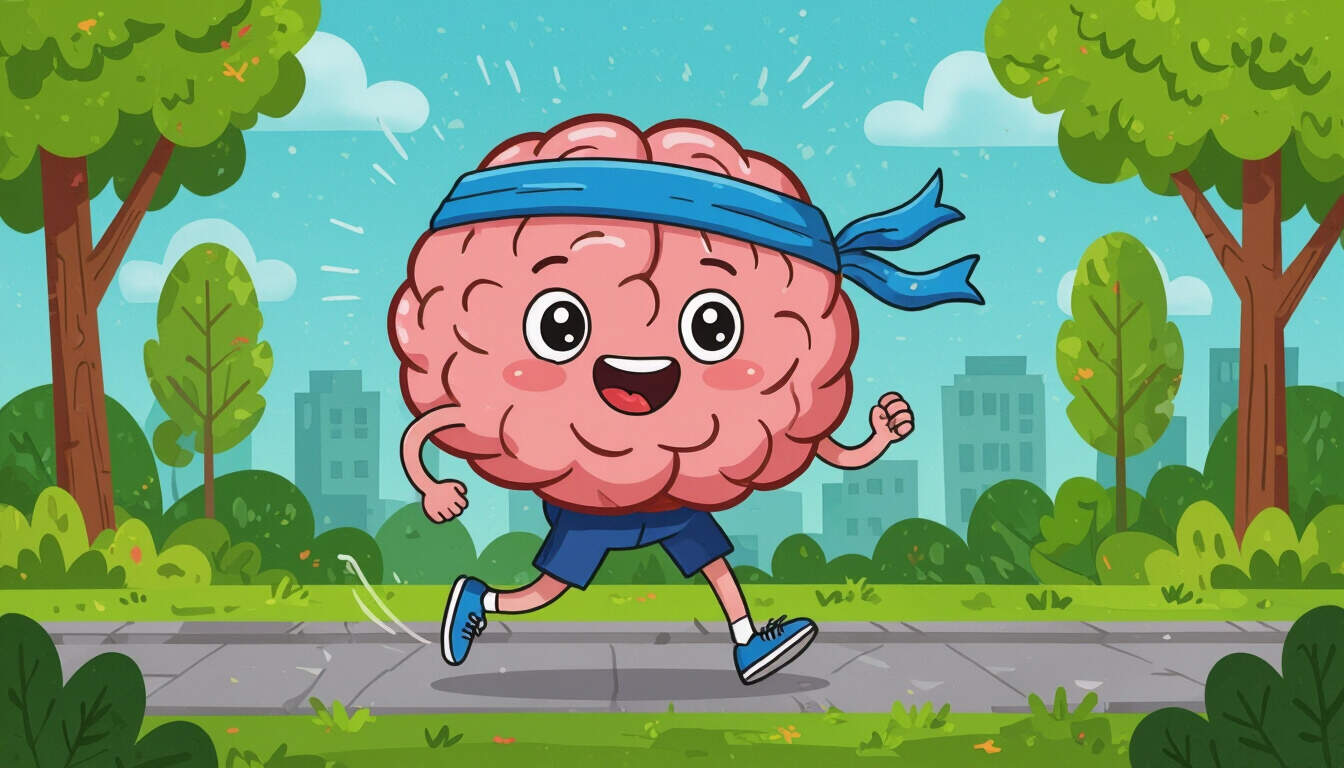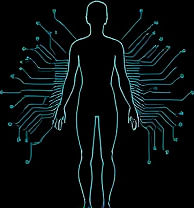Building Cognitive Resilience Through Targeted Training
 by Shanie Goodwin
by Shanie Goodwin
Cognitive resilience training offers a pathway to stronger mental fortitude, blending science-backed methods with everyday practices. Explore how nootropics and wearable tech can sharpen focus and aid recovery from stress, empowering individuals to optimize their cognitive health.

Cognitive resilience training focuses on strengthening the mind's ability to withstand and recover from challenges. This approach draws from biohacking principles to enhance mental performance. Cognitive resilience involves building a foundation that supports long-term brain health.
One key element is the use of natural supplements like nootropics. These compounds help improve cognitive function by supporting neurotransmitter activity. For instance, substances such as omega-3 fatty acids or certain adaptogens can aid in maintaining focus during demanding tasks. Nootropics work by influencing brain chemistry, making them a popular choice for those seeking mental clarity.
Incorporating wearable technology adds another layer to this training. Devices that track heart rate variability or sleep patterns provide real-time data on mental states. By monitoring these metrics, individuals can adjust their routines to promote better recovery. Wearable technology thus serves as a tool for ongoing self-improvement in cognitive areas.
Techniques for Effective Training
To begin cognitive resilience training, start with simple daily exercises. Mindfulness practices, for example, can train the brain to handle stress more effectively. Regular sessions of focused breathing or meditation build neural pathways that enhance mental endurance.
Physical activity also plays a vital role. Combining aerobic exercises with cognitive tasks, such as learning a new skill while walking, boosts brain plasticity. This integration helps in creating a more resilient cognitive framework.
The Role of Nutrition in Cognitive Enhancement
Proper nutrition supports the efforts in cognitive resilience training. A diet rich in antioxidants and healthy fats nourishes brain cells and reduces inflammation. Foods like berries, nuts, and leafy greens provide essential nutrients that protect against cognitive decline.
In addition, hydration and balanced meals ensure sustained energy for mental activities. By prioritizing these dietary aspects, individuals can maintain optimal brain function throughout the day.
Leveraging Wearable Tech for Monitoring Progress
Wearable technology offers insights into how training affects the body. For example, smartwatches that measure sleep quality can reveal patterns linked to cognitive performance. Using this data, people can fine-tune their schedules to include more rest, which is crucial for mental recovery.
These devices also track activity levels, helping users correlate physical exertion with cognitive outcomes. This feedback loop encourages adjustments that lead to better overall health optimization.
Personal Enhancement Through Consistent Practice
Over time, cognitive resilience training leads to noticeable improvements in daily life. Enhanced focus allows for greater productivity, while better stress management improves emotional well-being. This process of personal enhancement motivates individuals to continue their efforts.
Building habits around this training creates a cycle of positive change. As skills develop, challenges become opportunities for growth rather than obstacles.
Integrating Nootropics Safely
When adding nootropics to a routine, it's important to choose options with scientific backing. Consulting with health professionals ensures safe usage and avoids potential side effects. This careful approach maximizes benefits while minimizing risks.
Nootropics can complement other training methods, providing an edge in cognitive tasks. Their inclusion in a broader strategy amplifies the effects of physical and mental exercises.
Measuring Success in Cognitive Resilience
Success in this training can be gauged through self-assessment and device data. Improved memory recall or faster problem-solving speeds indicate progress. Keeping a journal of these changes helps track advancements over time.
Wearable technology aids in this evaluation by offering quantifiable metrics. Together, these tools provide a clear picture of cognitive gains.
Motivation for Long-Term Commitment
The journey to stronger cognitive resilience is rewarding and achievable. By committing to regular training, individuals unlock greater mental potential. This path not only supports personal goals but also fosters a sense of accomplishment.
In summary, cognitive resilience training combines innovative tools and practices to build a sharper mind. Through consistent effort, anyone can achieve enhanced cognitive health and overall well-being.
